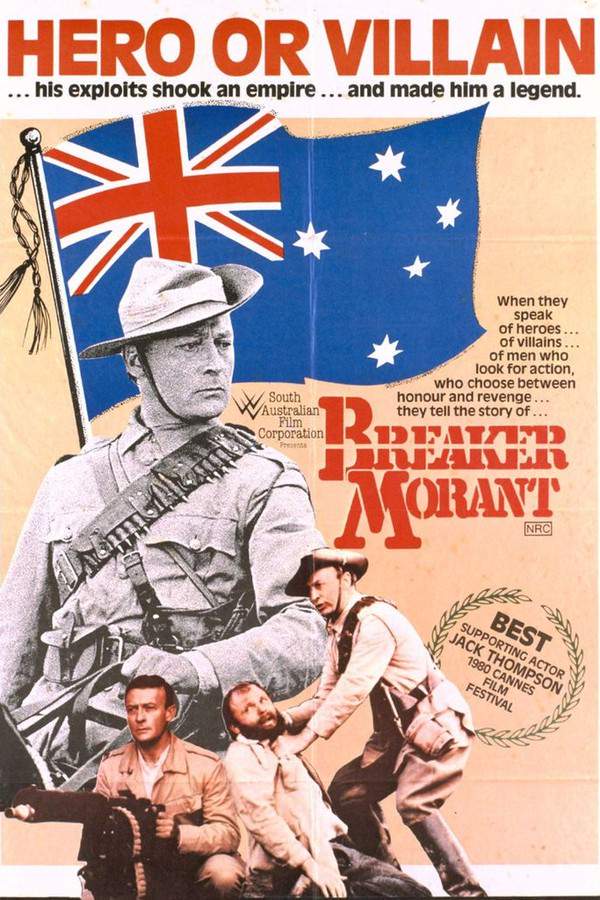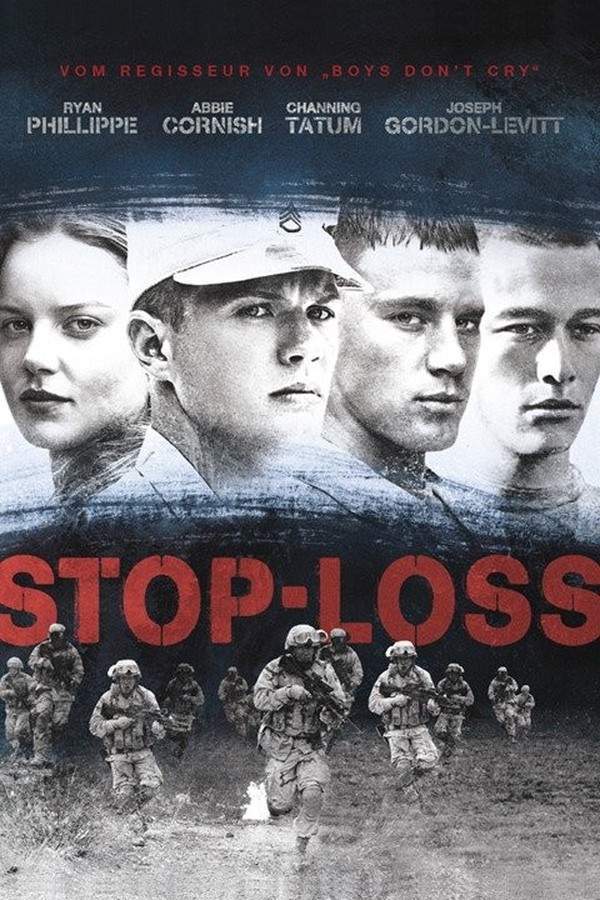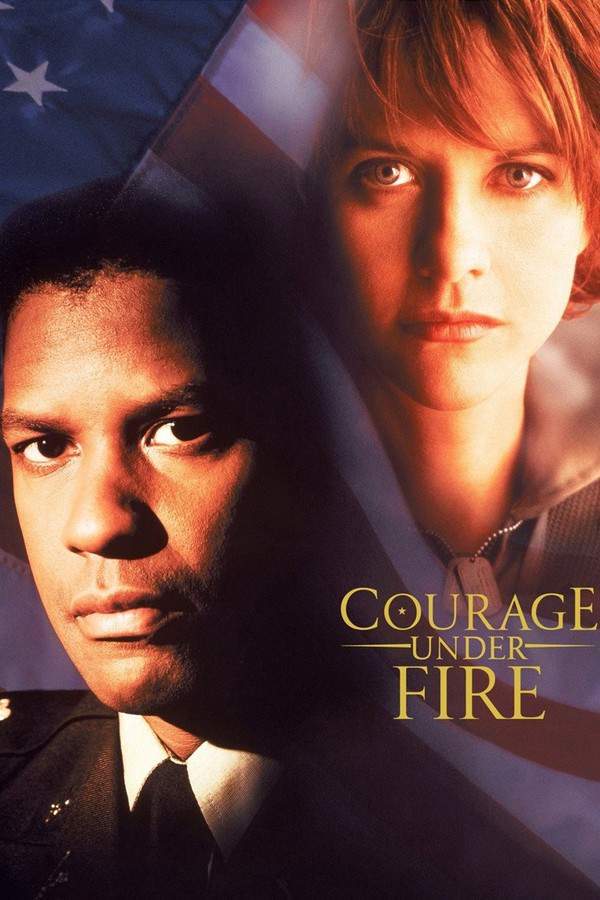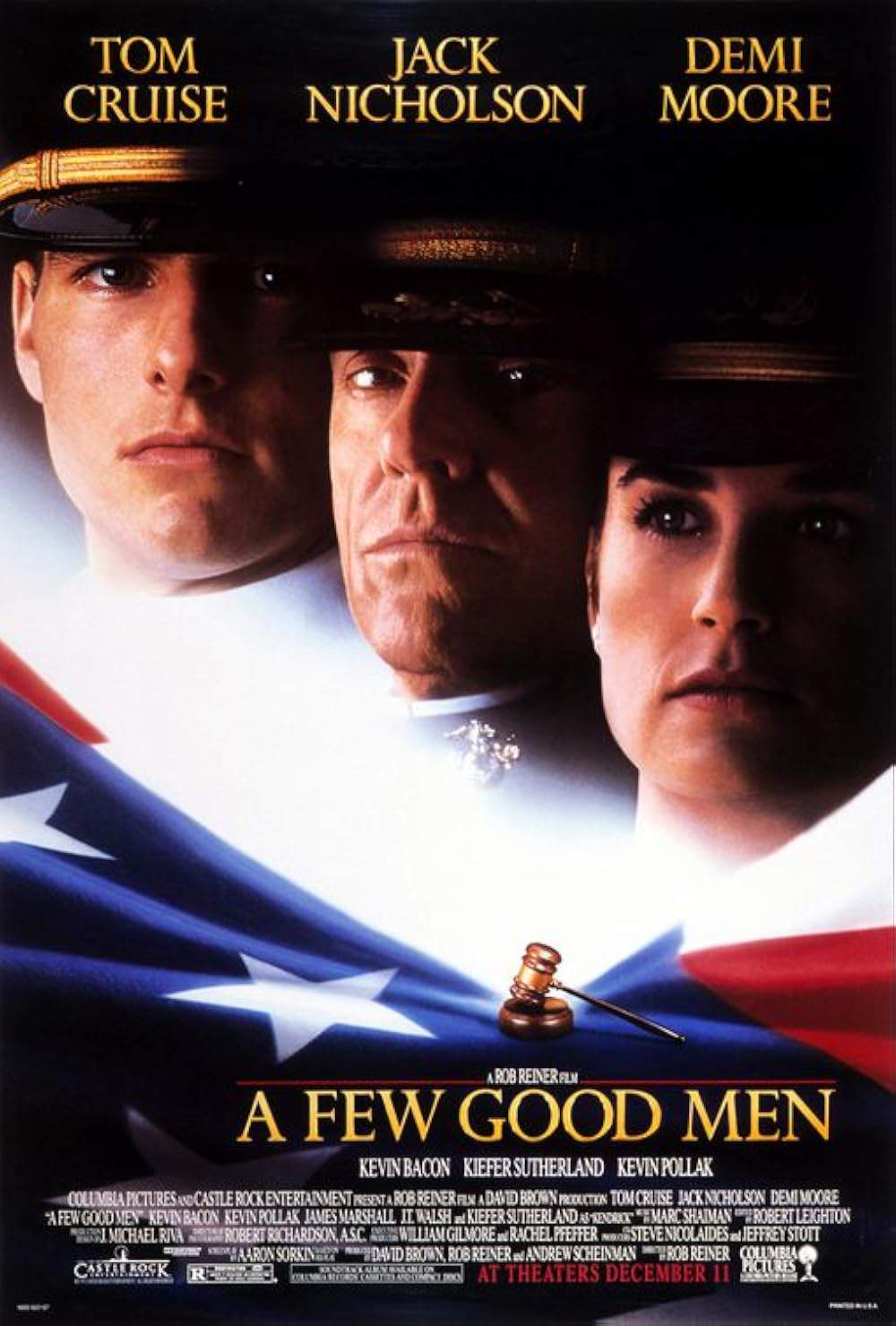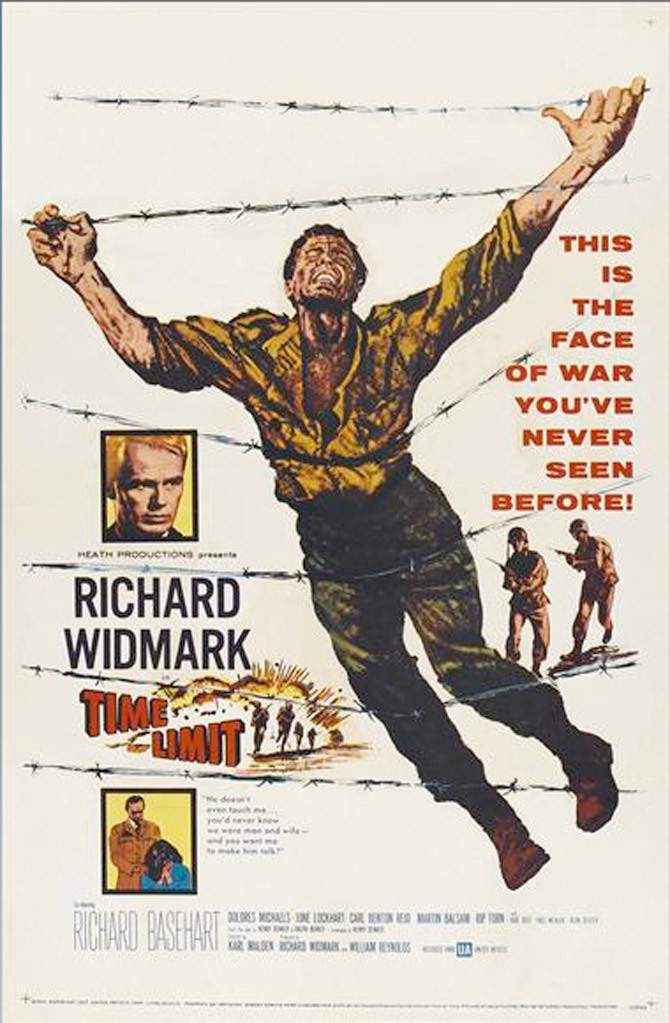
The Rack
Year: 1956
Runtime: 100 mins
Language: English
Director: Arnold Laven
Paul Newman shines in his role as Army Captain Edward Hall, who returns to America after two years in a Korean War prison camp. There he was forced to help the Chinese persuade fellow POWs that their cause was unjust. Back home, Hall is charged with enemy collaboration, forcing him to confront the limits of loyalty in the camp’s nightmare.
Warning: spoilers below!
Haven’t seen The Rack yet? This summary contains major spoilers. Bookmark the page, watch the movie, and come back for the full breakdown. If you're ready, scroll on and relive the story!
The Rack (1956) – Full Plot Summary & Ending Explained
Read the complete plot breakdown of The Rack (1956), including all key story events, major twists, and the ending explained in detail. Discover what really happened—and what it all means.
Captain Edward W. Hall, Jr. [Paul Newman] returns home to a US Army post in San Francisco after surviving two years in a Korean prisoner-of-war camp. His father, Col. Edward W. Hall, Sr. [Walter Pidgeon], is glad to have his son back but remains shaken by the death of his other son, Pete. Pete’s widow, Aggie Hall, [Anne Francis] confides to her friend Caroline [Cloris Leachman] that being around her brother-in-law is painful because it constantly reminds her of Pete. A welcome-home moment is tempered by unspoken worries, and the family’s surface harmony hides a growing tension about the past and what may come next.
A quiet party gives way to a troubling reality when Col. Dudley Smith [Fay Roope], a friend of Ed, Sr., reveals that Hall is about to be tried in a court-martial for collaboration with the enemy. Ed, Sr. asks his son to be honest about the charges, and the response is delivered in its starkest form: > yes, I did. The moment contrasts a father’s need for pride with a son’s burden of truth. On the prosecution side, Maj. Sam Moulton [Wendell Corey] lays out the case, calling eyewitnesses who allege that Hall, during the winter of 1951 at the POW camp, gave speeches and signed documents on behalf of the enemy. The proceedings hinge on the credibility of both memory and motive, and the courtroom becomes a crucible for the fate of Hall’s reputation and future.
Capt. John R. Miller [Lee Marvin], a fellow prisoner who bears the marks of torture, testifies that he never conceded more than his name, rank, and serial number, and he paints Hall in a harsher light by describing the emotional toll of their captivity. Miller’s testimony fuels public doubt, and Hall faces the most difficult verdict of his life. Hall’s sister-in-law, Aggie Hall, remains on his side, even as the atmosphere in the courtroom grows increasingly accusatory. His father initially refuses to attend the trial, a silence that weighs heavily on everyone, especially Hall who is torn between confessing guilt and asserting his own truth. Hall’s defense attorney, Lt. Col. Frank Wasnick [Edmond O’Brien], urges him to take the stand and explain his actions in his own words rather than folding under pressure to plead guilty.
On the witness stand, Hall lays bare the horrors he endured in the hands of his captors: the orders to bury fellow soldiers, the burden of carrying a wounded man for days so he wouldn’t collapse and become a grave casualty, and months spent in solitary confinement with little light or company, forced to endure conditions that eroded his sense of self. He describes being pressed to read propaganda, finally choosing to write a statement of his own that mocked the enemy’s aims in his own careful phrasing. The most painful moment arrives when a letter from his father arrives at the camp, revealing the death of his brother Pete and shattering Hall’s resolve in a deeply personal way. The emotional impact of that letter reverberates through the courtroom and shifts the weight of the case from strategy to raw human consequence.
When the elder Hall finally attends, the sight of his son on the stand brings a mixture of sorrow and forgiveness, but the official judgment moves in a harsher direction. The film follows Hall as he confronts a verdict of treason, a verdict that feels incongruent with the courage he sought to demonstrate in telling the truth. The closing image centers on Hall’s contrition as he faces the consequences of his actions, leaving viewers to weigh the costs of war, loyalty, and the long shadows that captivity casts on a returning soldier.
Last Updated: October 09, 2025 at 12:35
Explore Movie Threads
Discover curated groups of movies connected by mood, themes, and story style. Browse collections built around emotion, atmosphere, and narrative focus to easily find films that match what you feel like watching right now.
Courtroom dramas exploring moral ambiguity like The Rack
Stories where characters are forced to justify their survival in a hostile courtroom.If you liked the tense court-martial and moral interrogation in The Rack, you'll find similar movies here. These films use the courtroom as a stage for psychological drama, focusing on characters defending their actions during traumatic events like war or captivity, creating a heavy, gripping experience.
Narrative Summary
The narrative typically alternates between the tense, formal present of the trial and harrowing flashbacks that provide context for the accused's actions. The central conflict is internal and external: the protagonist battles their own trauma while fighting a system that demands a simple, black-and-white judgment of complex survival choices.
Why These Movies?
Movies are grouped here for their shared focus on a legal proceeding that dissects a traumatic past. They share a high-tension atmosphere, a steady, methodical pace that builds dread, and a heavy emotional weight centered on themes of guilt, duty, and the gray areas of survival.
Movies about the trauma of survival like The Rack
Character studies of individuals shattered by extreme experiences, struggling to reintegrate.For viewers who appreciated The Rack's deep dive into post-traumatic stress and the loneliness of a soldier's return. These similar movies explore the heavy emotional aftermath of survival, focusing on psychological torment, grief, and the struggle to find meaning after unimaginable hardship.
Narrative Summary
The narrative follows a character in the aftermath of a deeply traumatic event, often using flashbacks to contrast their past ordeal with their present alienation. The journey is internal, focusing on their struggle with memory, guilt, and the impossibility of conveying their experience to those who weren't there, frequently leading to a tragic or melancholic resolution.
Why These Movies?
These films are united by their primary focus on post-traumatic stress and psychological devastation. They share a melancholic and oppressive mood, a steady pacing that allows for deep character study, and a consistently heavy emotional weight that leaves a lasting impression of sorrow and isolation.
Unlock the Full Story of The Rack
Don't stop at just watching — explore The Rack in full detail. From the complete plot summary and scene-by-scene timeline to character breakdowns, thematic analysis, and a deep dive into the ending — every page helps you truly understand what The Rack is all about. Plus, discover what's next after the movie.
The Rack Timeline
Track the full timeline of The Rack with every major event arranged chronologically. Perfect for decoding non-linear storytelling, flashbacks, or parallel narratives with a clear scene-by-scene breakdown.

Characters, Settings & Themes in The Rack
Discover the characters, locations, and core themes that shape The Rack. Get insights into symbolic elements, setting significance, and deeper narrative meaning — ideal for thematic analysis and movie breakdowns.

The Rack Spoiler-Free Summary
Get a quick, spoiler-free overview of The Rack that covers the main plot points and key details without revealing any major twists or spoilers. Perfect for those who want to know what to expect before diving in.

More About The Rack
Visit What's After the Movie to explore more about The Rack: box office results, cast and crew info, production details, post-credit scenes, and external links — all in one place for movie fans and researchers.

Similar Movies to The Rack
Discover movies like The Rack that share similar genres, themes, and storytelling elements. Whether you’re drawn to the atmosphere, character arcs, or plot structure, these curated recommendations will help you explore more films you’ll love.
Explore More About Movie The Rack
The Rack (1956) Scene-by-Scene Movie Timeline
The Rack (1956) Movie Characters, Themes & Settings
The Rack (1956) Spoiler-Free Summary & Key Flow
Movies Like The Rack – Similar Titles You’ll Enjoy
Platoon Leader (1988) Film Overview & Timeline
Fixed Bayonets! (1951) Full Summary & Key Details
Prisoner of War (1954) Story Summary & Characters
All the Young Men (1960) Spoiler-Packed Plot Recap
War Hunt (1962) Spoiler-Packed Plot Recap
The Hook (1963) Complete Plot Breakdown
Command Decision (1948) Spoiler-Packed Plot Recap
Home of the Brave (1949) Plot Summary & Ending Explained
To Hell and Back (1955) Ending Explained & Film Insights
Tunnel Rats (2008) Spoiler-Packed Plot Recap
A Gathering of Eagles (1963) Full Movie Breakdown
Hold Back The Night (1956) Detailed Story Recap
Men in War (1957) Ending Explained & Film Insights
Captain Newman, M.D. (1963) Movie Recap & Themes
Sergeant Ryker (1968) Complete Plot Breakdown

